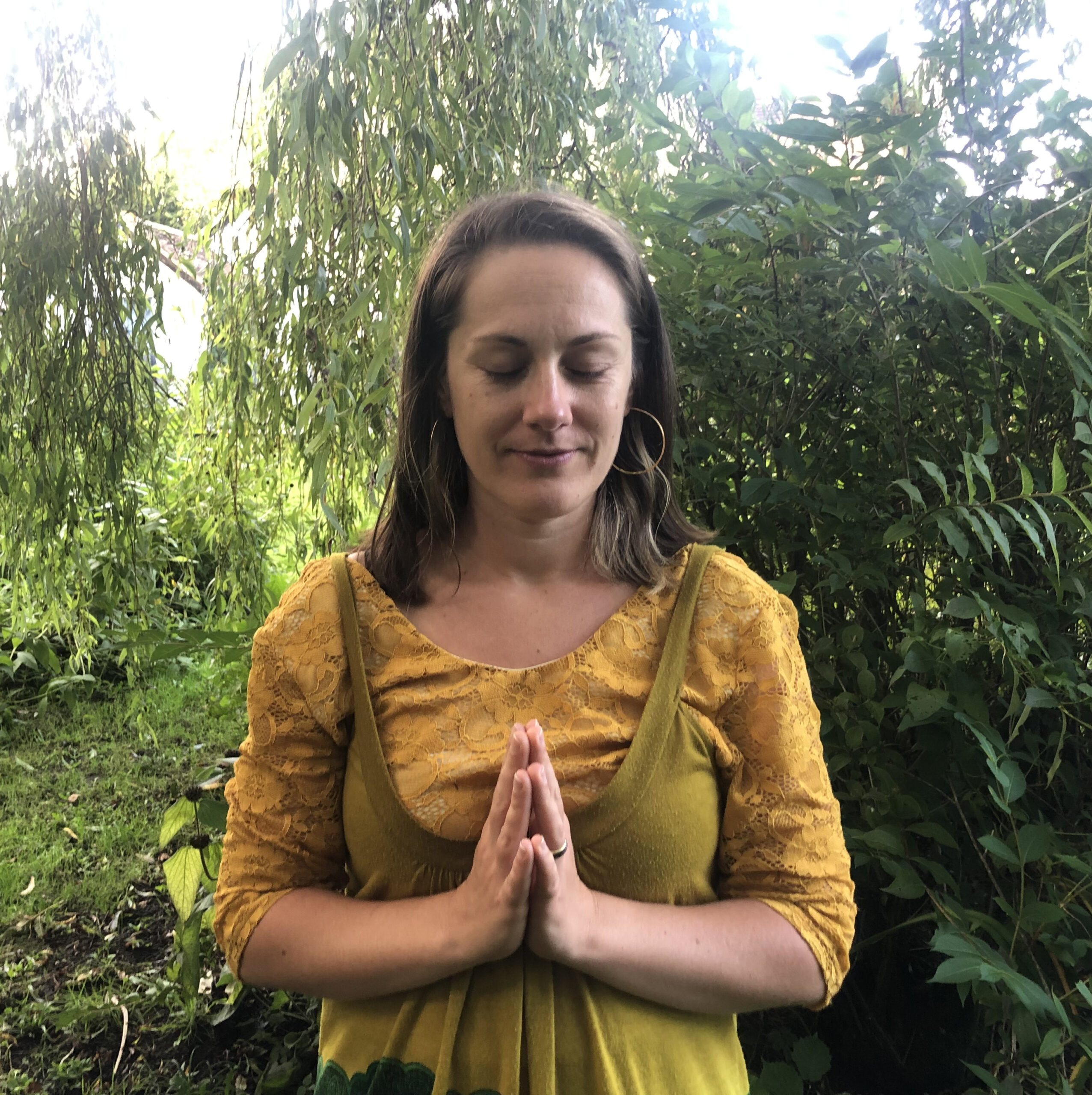Want to dive deeper into Yoga? Well, 2500 years ago the sage, Patanjali, compiled the Yoga Sutras. Through these phrases he gave an introduction to the practice of the eight limbs of Yoga. While these eight limbs are often referred to as Ashtanga Yoga due to the literal translation, Ashtanga Yoga as we know it nowadays usually refers to a sequence of postures prescribed by the late Patabi Jois. Patanjali’s eight limbs teach that through self-realisation, you can become free from mental and physical suffering and understand the true purpose of your life.
WHAT ARE THE EIGHT LIMBS OF YOGA?
Patanjali’s Yoga Sutras describe an eight-fold path, followed by Yogis for centuries to cultivate a life of meaning and purpose. Designed to help you to sit still for long periods of meditation, it’s essentially a list of steps to prepare the body and mind for union with source. It guides you towards spiritual connection in an ancient instruction manual kind of format.
EVERY ASPIRING YOGI SHOULD BECOME FAMILIAR WITH THE FIRST LIMB – YAMA
The eight limbs of Yoga start with the Yamas. These help you to figure out how to live in the world in the most meaningful and peaceful way. There are five Yamas.
Non-Violence (Ahimsa)
Ahimsa asks you to look at the way you treat and talk to yourself and those around you. How you treat others is usually a direct reflection of how you treat yourself. Essentially it’s about loving yourself so that you can share love with others.
Truthfulness (Satya)
Truthfulness is about living and speaking with complete honesty. Satya goes beyond telling the truth on the surface level of things and invites you to go deeper. It demands personal integrity, so it is much more than not telling a lie. Become aware of the lies or untrue thoughts that you tell yourself and speak only the truth to yourself and others, allowing yourself to expand and grow.
Non-Stealing (Asteya)
The concept of Asteya goes beyond the surface level definition of not stealing. Yes, you shouldn’t be stealing from other people or from the planet. But it also asks you not to steal from yourself. Self-sabotage, perfectionism and low self esteem – these are all examples of stealing from yourself. Instead shift the focus to more positivity.
Non-Excess (Brahmacharya)
Brahmacharya is about finding true balance. It is often easy to be tempted by excess. Excessiveness can happen when a special treat becomes necessary for you to feel fulfilled. Brahmacharya doesn’t ask you to remove pleasure from your life, but to be fully present in the moment of experiencing pleasure and not taking more than is necessary.
Non-Possessiveness (Aparigraha)
Everything you possess makes it harder for you not to want more. It is difficult to learn and grow while you remain attached to objects and ideas, so this part of the Yamas invites you to let go of the need to have a sense of possession of things including expectations.
Join us for an evening of Yoga poses that allow us to experience these five Yamas and the second limb Niyama (more about our internal moral code) through flowing movement and absolute stillness.
Finding the Spiritual in your Practice with Lucy
Friday 22 October 7pm – 8.45pm
£45 or £40 for OfA Members
OR Combined with
Chakra Balancing & Meditation
Friday 15 October 7pm – 8.30pm
£60 or £50 for OfA Members for both workshops
